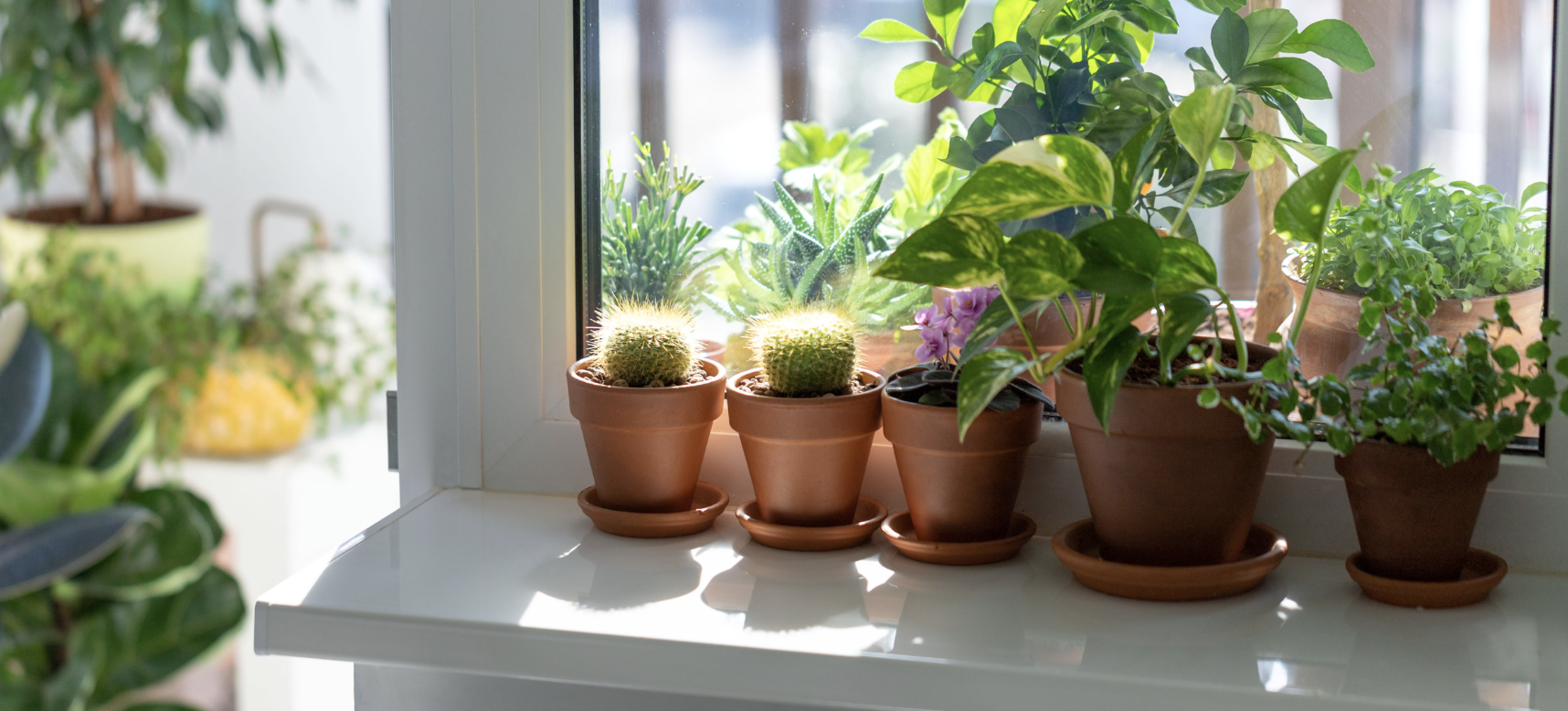As winter approaches, many gardeners shift their focus indoors to keep their beloved plants thriving during the colder months. Indoor gardening can be a rewarding hobby, but it comes with its own set of challenges. From adjusting to lower light levels to managing humidity, ensuring your indoor plants flourish requires some care and attention. Here are some essential tips to help your indoor garden thrive throughout the winter season.
1. Understand Light Requirements
Assess Your Light Conditions
During winter, sunlight is often limited, and indoor plants may not receive as much natural light as they do in the warmer months. To help your plants thrive, assess the light conditions in your home:
- South-Facing Windows: These typically receive the most light and are ideal for light-loving plants like succulents, cacti, and flowering varieties.
- East and West-Facing Windows: These windows provide moderate light. Consider placing plants that prefer indirect light, such as ferns or peace lilies, in these areas.
- North-Facing Windows: These receive the least amount of light. If you have plants that require low light, like snake plants or pothos, these windows can be suitable.
Supplement with Grow Lights
If natural light is insufficient, consider using grow lights to provide the necessary light spectrum for your plants. LED grow lights are energy-efficient and can mimic sunlight, helping your plants photosynthesize effectively.
2. Adjust Watering Techniques
Be Mindful of Watering Frequency
Plants generally require less water in winter due to reduced growth rates and lower light levels. Overwatering is a common mistake during this season, leading to root rot.
- Check Soil Moisture: Before watering, check the top inch of soil. If it feels dry, it’s time to water. Use a moisture meter if you need assistance determining when to water.
- Water Thoroughly: When you do water, ensure you do so thoroughly until it drains out of the bottom of the pot. This encourages deep root growth.
Use Room Temperature Water
Cold water can shock your plants during winter. Use room temperature water to ensure your indoor plants receive the best care.
3. Maintain Humidity Levels
Increase Humidity
Indoor heating systems can significantly lower humidity levels in your home during winter, which can stress your plants. Here are some ways to maintain adequate humidity:
- Group Plants Together: Placing plants close to one another can create a microclimate with increased humidity.
- Use Humidifiers: If you have several plants, consider using a humidifier to maintain a comfortable humidity level in the room.
- Misting: Lightly misting your plants with water can provide a temporary humidity boost, especially for tropical plants.
4. Fertilize Sparingly
Adjust Fertilizing Schedule
During winter, most plants enter a dormant phase, slowing their growth and reducing their nutrient needs.
- Reduce Fertilizer: Cut back on fertilizing during this time, as plants will not absorb nutrients effectively. You can resume feeding in early spring when they begin to grow again.
- Use Organic Fertilizers: When you do fertilize, consider using organic options like EcoWorm Organic Fertilizers to provide a gentle boost without the risk of chemical buildup in the soil.
5. Keep an Eye on Pests
Regularly Inspect for Pests
Indoor plants can still be susceptible to pests during winter, as the dry indoor air may create a welcoming environment for insects like spider mites and aphids.
- Regular Checks: Routinely inspect your plants for any signs of pests. Look for webbing, discoloration, or sticky residue on the leaves.
- Natural Treatments: If you notice pests, treat them promptly with natural solutions like insecticidal soap or neem oil, or use EcoWorm Potassium Soap for an effective and eco-friendly approach.
Conclusion
With the right care and attention, your indoor plants can thrive even during the cold winter months. By understanding their light requirements, adjusting watering techniques, maintaining humidity, and keeping an eye on pests, you can create a vibrant indoor garden that brings life to your home.
Don’t forget to enhance your plants’ health with EcoWorm Organic Fertilizers. These natural solutions ensure your indoor garden remains lush and vibrant all winter long!


Comments are closed